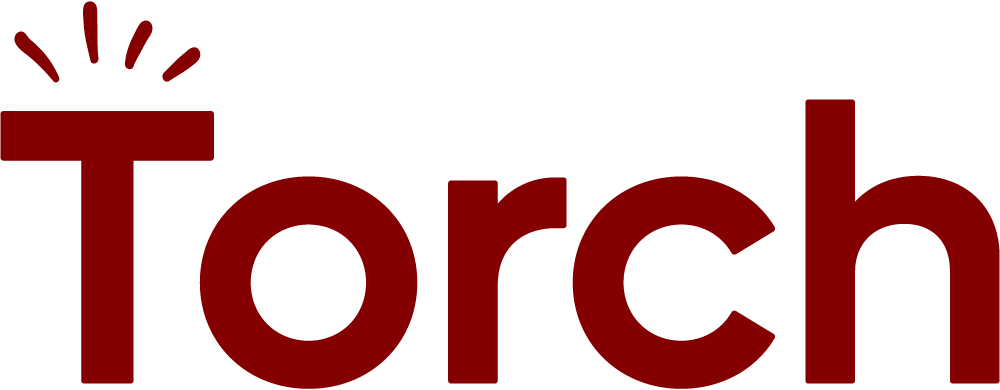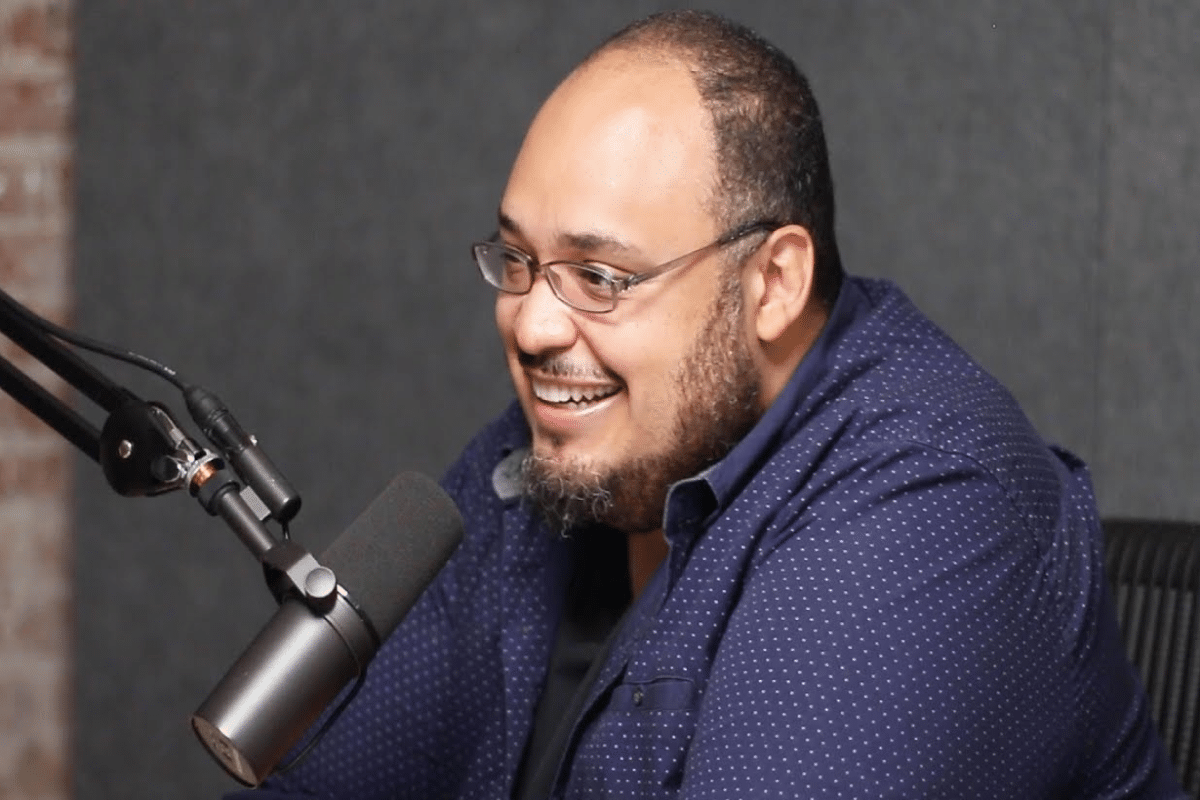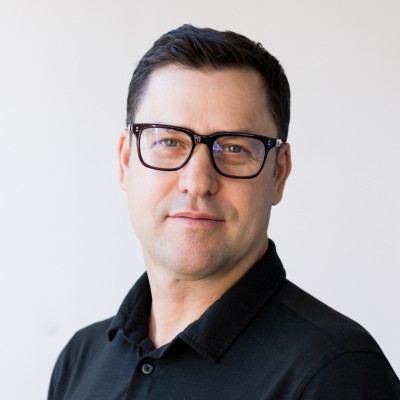I had the opportunity to sit down with Michael Seibel, currently a partner at Y Combinator and a co-founder of two well-known startups – Justin.tv and Socialcam. For the last five years, as a Y Combinator partner, Michael has worked with hundreds of startups, providing key insights as they work towards product/market fit.
I was especially interested in his thoughts on Level One and Level Two thinking – two very different (and common) ways in which CEOs approach leadership in their roles. From “Playing the CEO Card” and simply telling people what to do at Level One, to building an environment that empowers people to achieve at Level Two, Michael has worked with many types of CEOs as they grow their companies.
Perhaps most importantly, this is a man who is famous for his ability to curate batches of world-class startup leaders, so I wanted to understand how he pattern matched for great leaders. What follows provides a glimpse into how Michael Seibel thinks about leadership attributes and some contrarian views that may be at the heart of how he picks great companies.
Character is such an important factor when it comes to growing a start-up. Let’s talk about some of the leaders in the Y Combinator (YC) ecosystem who you’ve worked closely with. What are some of their character traits?
Michael: Most of my experience on this front actually comes from being a founder myself. There’s what I call Level One and Level Two thinking about getting someone to do what you’d like them to do.
Level One I call “Playing the CEO Card”. This is simply telling someone what to do and how to do it. It’s easy to say what you want and it’s easy to see if they did what you want. Unfortunately, there are two pitfalls to this approach. First, often times it doesn’t cause someone to do what you want them to do in the most motivated way. And second, it never scales. You can’t go to every person in your company every day and tell them what to do.
I think a lot of people think that being a CEO means playing the CEO card a lot. I like to imagine that you have an extremely limited number of CEO cards and you should use them sparingly because it costs you credibility when you use them.
Level Two thinking is about creating an environment and empowering people such that they do produce great outcomes without you having to tell them. If they can get into a mental model of what’s good for the company, and if they can be motivated and feel empowered, then they start doing great things. You don’t have to direct them. You can keep the CEO cards in your pocket and wait for the really important times to play them. The more sparing you are with your CEO cards, the more impactful you are.
Could you describe a little bit more what Level Two behavior looks like in practicality?
Michael: Having metrics that are not only visible, but consumed by the entire organization. One of the things that I ask founders about is what analytics product they are using, and how many people in the company know how to use it.
An extension of metrics are KPIs. What’s the most important number in your business? This is almost always revenue or daily active users. The other big piece that we talk about in YC is the product development cycle. Having a system where people’s opinions are solicited within the system. Oftentimes I see founders who think product development happens only in the founder’s head. And they structure their company so that the founder is the thinker and the employees are the doers. And I think that’s Level One thinking. You should be hiring people who you actually want to engage to help you figure out the problems in your business. Especially early on you should be hiring these types of people. And you want a flow or a process by which they can contribute to what’s being built.
So you witness founders as they go from early stage, into growth stage. Are there any leadership qualities that you see that are particularly important for early stage vs. growth stage?
Michael: Oftentimes, people in early stage situations are afraid to be process-oriented, and I would argue that there are oppressive processes, and there are inclusive processes. And I think that people who run away from process are afraid of oppressive processes, but by not having any process they still have an oppressive process.
Early at Justin.tv, we were afraid of having too many meetings. So we didn’t have any meetings. So the only people who figured out what we would build would be the founders, because we would all talk about it after work. And an employee couldn’t contribute, because they weren’t even there. In the process of freeing our employees of these oppressive meetings, we made it completely un-inclusive.
Can you think of any founders who have done this very well?
Michael: The founders that I know the best are Justin, Emmett, and Kyle because we were all together when building Justin.tv, and then everyone kind of evolved in their own companies, Twitch, Cruise, and Atrium.
One thing that I’ve seen from Justin that I think is particularly special is his self knowledge. A really good founder has such a high level of self-knowledge, that they can create a system that motivates themselves.
When you say self-knowledge, are you saying self-awareness?
Michael: Yes, they understand the scenarios where they produce the best work, so they put themselves in those scenarios again.
Each and every one of us, as we’ve evolved from Justin.tv, have figured out how to manufacture scenarios where we are working at the highest level of productivity. For example, I like to work on really good teams. I feel like I’m hitting on all cylinders when I’m surrounded by people who are also hitting on all cylinders. I learned this about myself when I played football as a sophomore in high school. My teammates said, “You practice harder against us than you play in the game.” And when I thought about that I was like, “Well, I don’t know the people I’m playing against in the game, but I know you guys, and I wanna beat you guys.”
And so as I’ve grown older, it’s grown less competitive, but it’s more like, “Man, I wanna distinguish myself amongst the people I’m around every day.” And so if I’m around better people who are getting things done, like, man, that’s gonna up-level me.
To develop self-awareness it just has to be a lived experience, where you have to make those mistakes and self-reflect?
Michael: A little bit. I will tell you this: if you don’t put yourself in the position of high consequence, it must take longer. I do feel that if I were to measure my growth over time, and correlate it to high consequence moments, versus low consequence moments, way more growth happened in high consequence moments.
The first two years at Y Combinator, I didn’t put myself in a high consequence role. And so I don’t think I developed very much at that time. There were definitely windows at Justin.tv where I wasn’t in a high-consequence role. Even as CEO. So I didn’t develop. So yeah, maybe time isn’t the real factor. It’s time in moments of importance, where decision-making is important, execution is important.
So to some extent, someone can accelerate by putting themselves in high-intensity situations where the consequences are severe and there’s a lot of pressure. People tend to grow when they are under pressure. So you’re an investor. How much do you pay attention to these kind of leadership qualities when you’re investing?
Michael: Actually, I think maybe the one quality of leadership that I pay attention too that I haven’t spoken about yet is communication. The way I’d unpack communication is that it’s extremely hard to explain to someone that you’re smart. You very rarely get the opportunity to do math equations in front of an investor so there are very few exercises through which you can demonstrate intelligence. It turns out communication is key. It’s worth exercising that muscle because it makes you appear smart and people want to give money to smart people.
When I interact with founders now, I want them to communicate their ideas clearly. I know they have it in their brain but if it’s not coming out of their mouth right, no one else will know it’s in their brain.
For a new company that I haven’t interacted with, I can’t tell how smart you are. The only thing I can do is consume what you’re communicating to me. If you answer questions in a confused way in the interview, I can’t tell how smart you are. Fortunately, communication can be trained. But in the startup world, credentials don’t matter, I don’t care what school you went to, I want to know your MRR.
So the real proxy for leadership intelligence is great communication and execution?
Michael: Yeah. It’s that simple. And what’s so cool about that is if you look at a leader like Brian Chesky at Airbnb, well he went to art school. But when you ask him to talk about Airbnb’s mission, it’s clear, when you ask for the numbers, clear. So if you don’t bring results, it doesn’t matter where you went to school.


